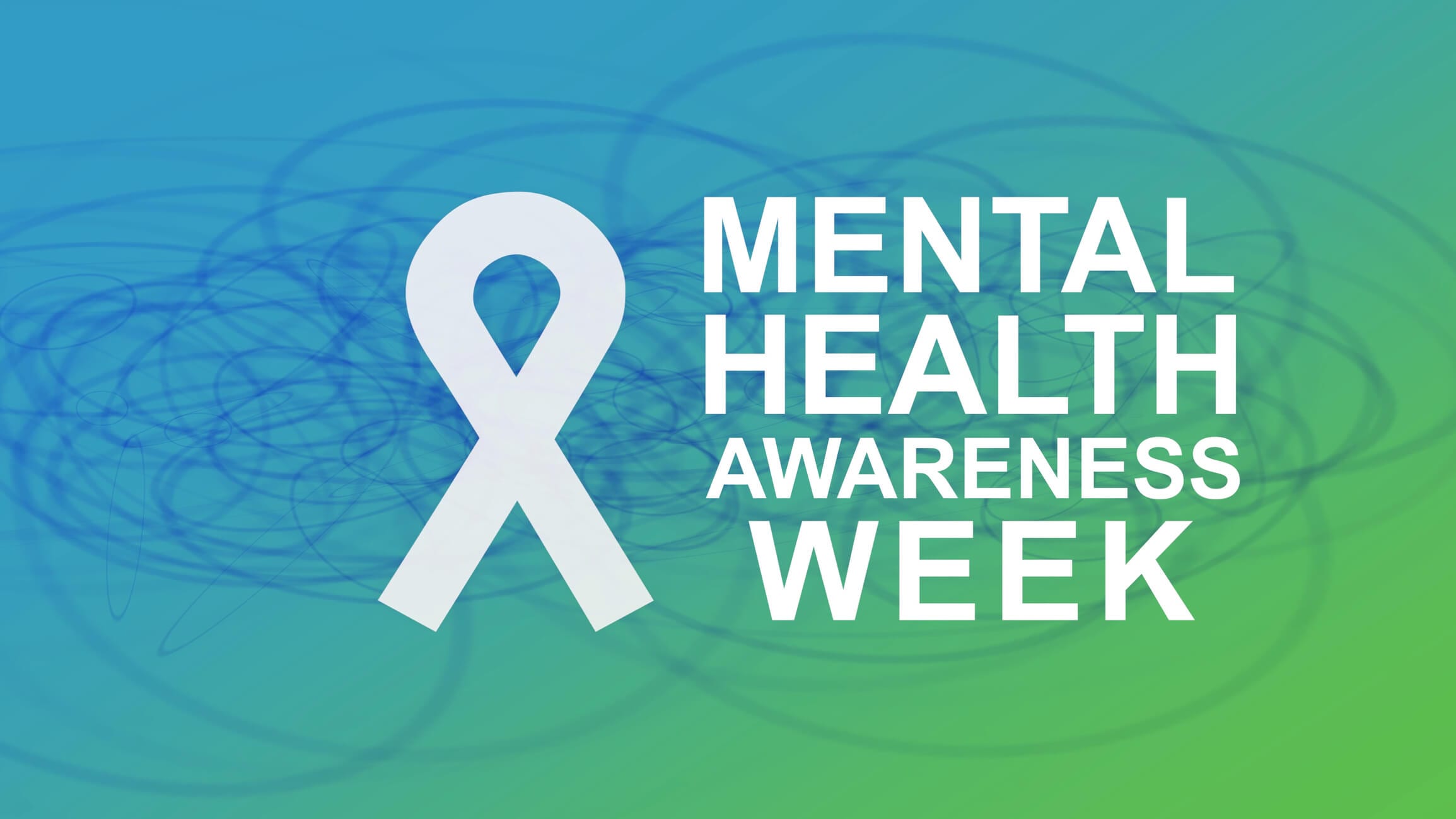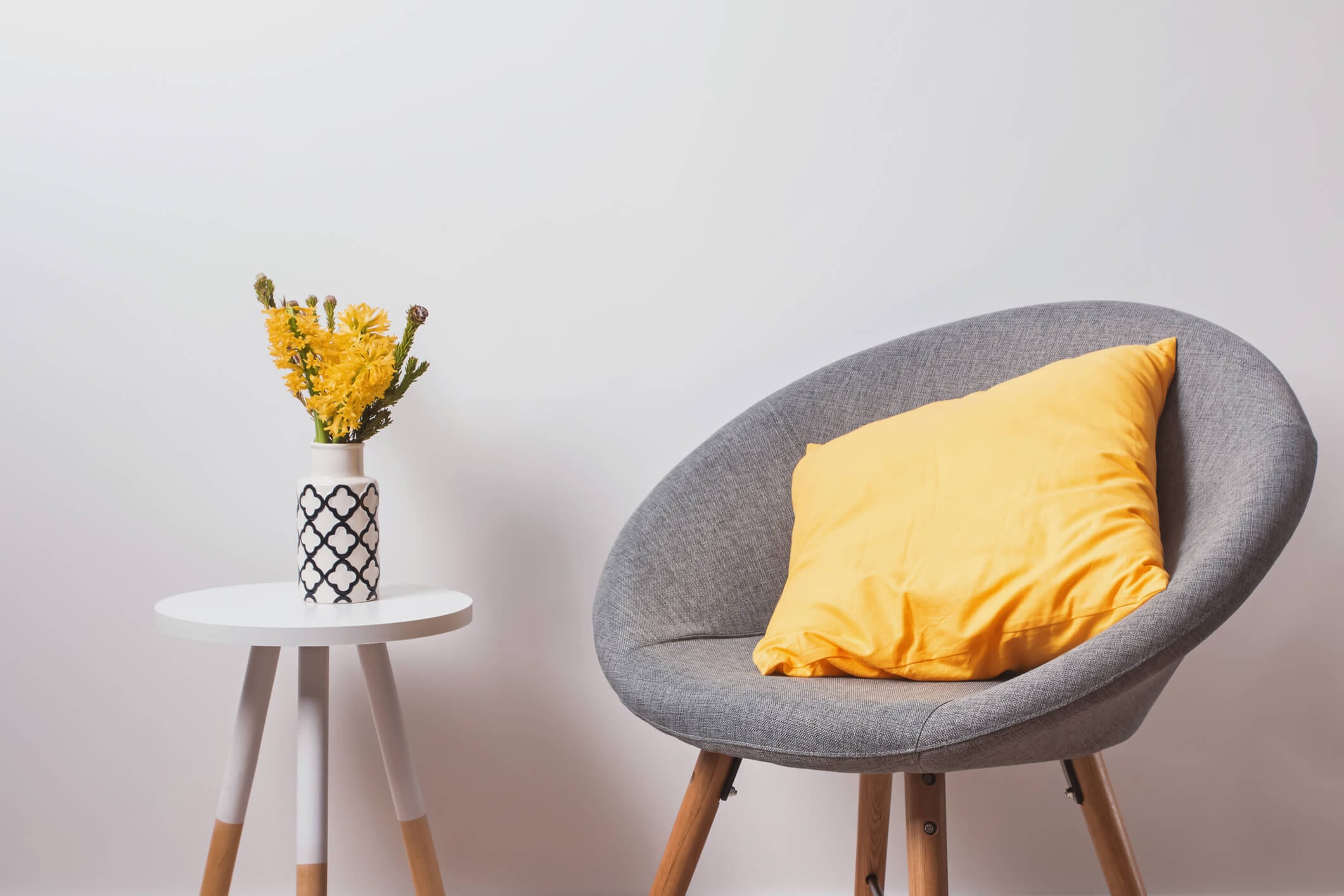As this is Mental Awareness week I thought I offer my thoughts on mental well-being from working in the Well-being industry for 40 years.
My first thoughts are that it is over-looked & underestimated!

Our minds actually rule our lives and for sure have a huge impact on our health as well. The sad thing is that this is virtually ignored by the medical profession which mainly through time constraints can only focus on symptom management rather than addressing causes. As a result health & well-being are rarely addressed neither physical nor mental.
If we start to think about how our minds have affected us physically from a young age I’m sure you will remember how you felt prior to exams or your driving test. Those anticipatory nerves will have left their mark most probably on your digestion or waterworks or caused a headache or insomnia. And so it starts. Magnify those in intensity & duration and you have a lot of the common ailments we go to our doctors for every day brought on by our everyday emotional traumas such as bereavement, divorce, disappointment, abuse, humiliation etc
A simple example is IBS (irritable brain syndrome as I like to call it!!). Unfortunately when considering something like IBS we are too quick to consider what we are eating rather than what is eating us so our minds are neglected
So now we know about how our bodies are affected by our minds let’s explore what affects our minds.
Tip No 1. Eat well for your mind not just your body. Fruit & veg are the mainstay of nutritional protocols as they contain all the micro-nutrients required to be healthy. The mind especially requires B vitamins, Magnesium, Fish oils & Probiotics so make sure you eat plenty of whole grains, nuts & seeds, green leafy veg, oily fish and live yogurt. Avoid coffee & alcohol one knows they affect the mind adversely.
Tip No 2. Rest, relax & exercise. Getting 7-9 hours’ sleep is crucial to preserve & repair our mental well-being. Plenty of research links lack of sleep to many mental health issues, let alone concentration & memory. Having some quiet time during the day will boost mental focus & acuity and Mindful Meditation is an excellent way to do this. The worst comment is “I don’t have time to meditate”!!! Exercise is also a proven way to boost mental well-being as endorphins & serotonin are produced in abundance.
So those are the relative simple aspects to creating mental well-being now we come on to what I call the Mind Gym work. This is just as valuable as the ordinary gym but is the most neglected part of health therapeutics.

Tip No 3. Create Happiness/ Gratitude/ Appreciation. The first step to improving your mind is to ‘Look for Good’ (Love). Making yourself feel good will be the outcome and this is the primary healing factor for your mind. Happiness is the monitor as to how you are mentally. To promote happiness make a list of all the good things in your life; what you are proud of; what excites you; what you are grateful for; where there is love in your life; Make a picture representation of all these and look at it every morning to remind you about Who You Really Are & what your life is about.
Tip No 4. Feed your mind with Positivity. Listen too uplifting music; watch comedy programmes; read spiritual works; seek out inspirational speakers on You Tube such as Wayne Dyer; Anthony Robbins; Eckhart Tolle; study the Law of Attraction & The Secret; Listen to The Magic of Thinking Big by David Schwartz. DO NOT WATCH THE NEWS!!!
Tip No 5. Start Journaling At the end of the day writing about your experiences is a very good habit. It firstly once again helps you appreciate the good things in your life but secondly it gives you the opportunity to get off your chest or out from the back of your mind the things that have upset or annoyed you. These ‘traumas’ if internalized are the seeds of unhappiness and also are the maintainers of poor health and chronic pain.This is the true definition of the too easily dismissed term ‘psychosomatic’. For me this term accurately describes what really happens to us when we internalize our emotional traumas.
(These traumas are not made up but could be considered fantasies as their origins are often, but not always, misinterpretations of our life experiences. To our damaged minds & everyone’s are to a certain degree, our experiences all appear real but they may not be. e.g. FEAR is described as False Evidence Appearing Real!!)
These traumas create an internal turmoil which then goes on to initiate physical tension & chemical dysfunction and thus damage our mental & physical well-being.
Writing about these traumas allows for their expression and then the ritual throwing away of the script represents a cleansing of the mind. It also gives an opportunity to analyse & understand ones experiences better and also maybe to promote forgiveness or acceptance which are major factors in healing & recovery.
Tip No 6. Revisiting your Childhood (please note this should be done under the supervision of a therapist). This is where it all begins and our life path is created. It has been found that during the first 15 years of our lives the origins of our future health & happiness are laid down. The more Adverse Childhood Events [ACEs]such as divorce; bereavement; abuse; alcoholism; illness; neglect etc we experience the more our future physical & mental well-being will be compromised. Add to those our future life traumas and you can see why a daily visit to the Mind Gym is just as important as the physical gym!! Understanding, accepting & forgiving your ACEs is fundamental to improving, particularly, ones mental well-being and thus shouldn’t be tackled alone. However, it can be incredibly therapeutic for health recovery.
If you are interested in hearing about my Unique Stress Therapy Sessions that incorporate all the above & more please give me a call on 020 8954 2254. The first introductory session is at my expense so you have nothing to lose to find out more!
















Recent Comments